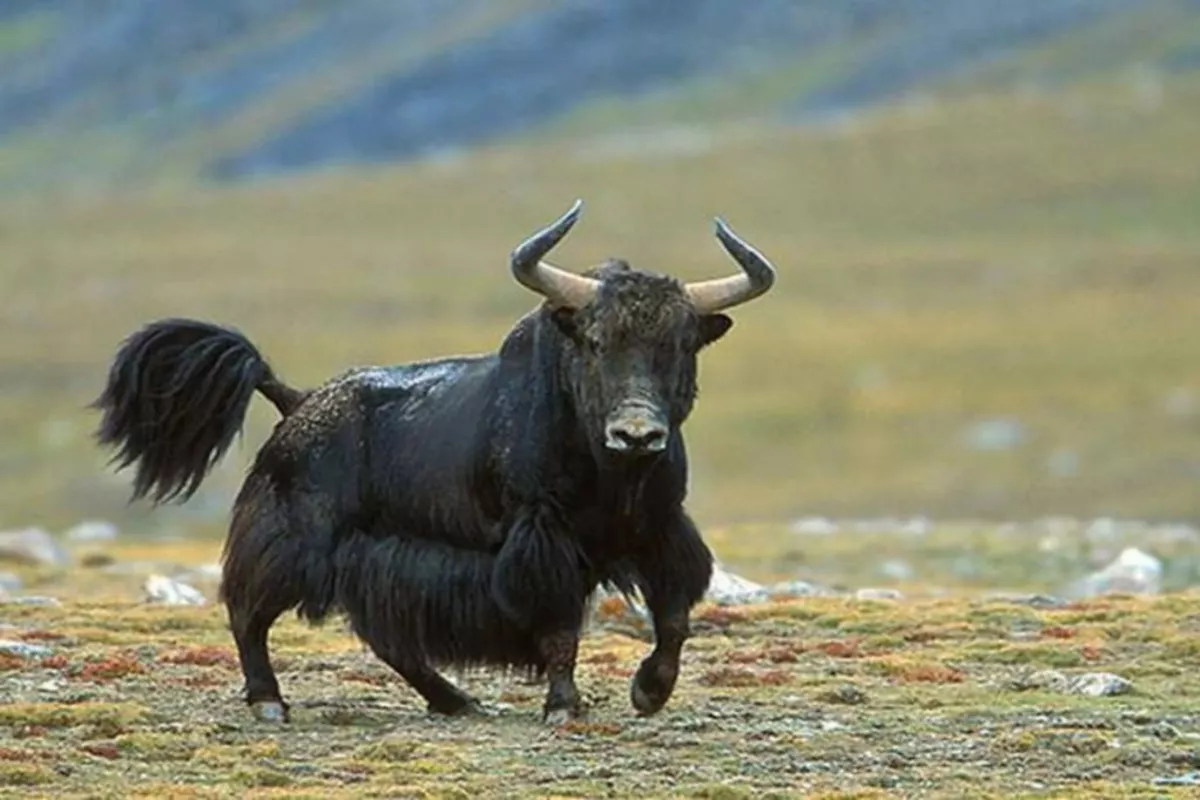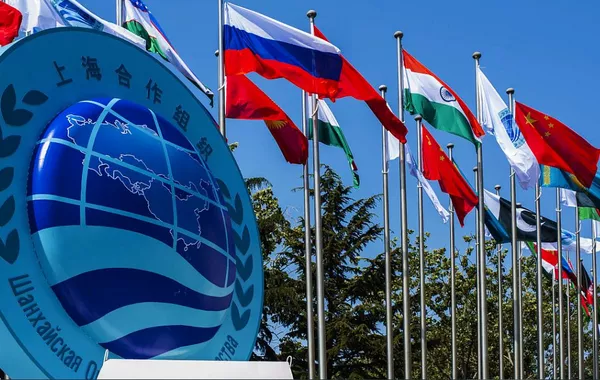
Tajikistan is set to import pedigree yaks from China and will also use Chinese territory as a transit corridor for yak deliveries from Mongolia, as part of new agricultural agreements reached with Beijing.
Additionally, China has committed to increasing scholarships for Tajik students enrolled in Chinese agricultural universities, The Caspian Post reports per Tajik media.
These developments were announced following high-level talks between Tajik Agriculture Minister Qurbon Hakimzoda and Chinese Vice Minister of Agriculture and Rural Affairs Zhang Zhili, held in Kunming during the 10th Meeting of Agriculture Ministers of Shanghai Cooperation Organization (SCO) member states.
The two sides discussed ways to broaden bilateral agricultural ties, including livestock import strategies and scientific collaboration in phytosanitary control and plant quarantine.
China expressed strong interest in importing Tajik agricultural products, including lemons, cherries, grapes, and dried mulberries, while Tajikistan explored options for importing Chinese processed goods. Both countries also discussed accelerating the digital transformation of agriculture, advancing organic farming, and creating joint laboratories for soil testing and product quality control.
A standout initiative from the meeting was the proposal to establish a SCO Demonstration Center for Innovative Agricultural Technologies in Tajikistan, modeled after a similar center in Yangling, China. The facility would serve as a hub for technology exchange and applied research in the agricultural sector.
The parties also emphasized the importance of enhanced cooperation within the "Central Asia-China" framework, underscoring the need for more active ministry-level engagement and support for mutual agricultural trade and innovation.
To put these ideas into action, the two countries agreed to form a special working group under the existing Tajikistan-China Agriculture Subcommittee, tasked with developing concrete project proposals and coordinating regular meetings.
Key areas of planned cooperation include:
Livestock breeding
Seed production
Cotton farming
Plant disease and pest management
Advanced technologies in agronomy and soil science
Share on social media
